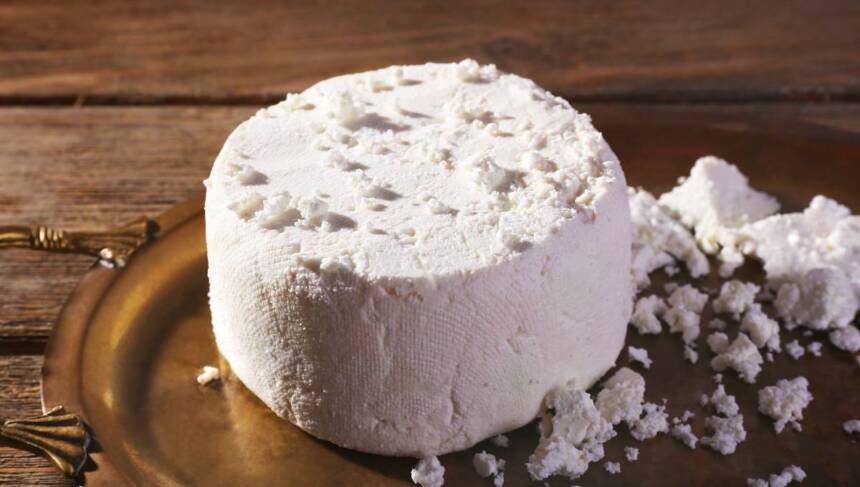A former dairy farmer in New York has admitted to selling tainted raw milk cheese that was linked to a deadly listeria outbreak in 2016 and 2017.
Johannes Vulto, who used to own and run the Vulto Creamery in Walton, NY, pleaded guilty on Monday along with his business to one misdemeanor count of bringing tainted food into interstate trade. The charges came about because Vulto Creamery sold raw milk cheese that had the harmful bacteria Listeria monocytogenes on it. [Source]
According to the plea agreement, environmental tests done at the Vulto Creamery between 2014 and 2017 found multiple types of listeria, including the pathogenic L. monocytogenes strain that can cause listeriosis, a serious foodborne disease. Even though these tests came back positive, Vulto kept shipping cheese goods between states.
Once, in March 2017, the U.S. Food and Drug Administration directly linked Vulto Creamery’s cheese to a listeriosis outbreak in multiple states. The company then shut down and recalled all of its products. But the harm was already done.
“This investigation and prosecution holds the defendant and his business accountable who, through unsafe practices, made customers sick and killed them in a tragedy that could have been avoided,” said Carla Freedman, U.S. Attorney for the Northern District of New York.
The Vulto Creamery listeria outbreak sent eight people to the hospital and killed two, according to the Centers for Disease Control and Prevention. This shows how dangerous the disease is.
Listeriosis is a serious illness that can be life-threatening if you eat food that has Listeria germs on it. The disease mostly affects women who are pregnant, babies, older people, and people whose immune systems aren’t working well. Some of the signs are fever, aches and pains in the muscles, headaches, stiff necks, dizziness, losing your balance, and seizures.
“It is very important for American consumers to know that the food they buy is safe to eat,” said Principal Deputy Assistant Attorney General Brian Boynton, who is in charge of protecting consumers at the Justice Department. “The department will continue to work with its law enforcement partners to hold responsible food manufacturers that sell dangerously contaminated products.”
Food safety experts say that the Vulto Creamery case shows how dangerous it is to eat dairy products that have not been processed. It also shows how important strong food safety rules and testing programs are, especially for companies that make raw milk products.
“People in the U.S. trust the FDA to make sure their food is safe and healthy,” said Fernando McMillan, special agent in charge of the FDA’s Office of Criminal Investigations. “When companies and individuals put themselves above the law by producing food that endangers and harms the public, as occurred in this case, we will see that they are brought to justice.”
Because it hasn’t been pasteurized to kill dangerous bacteria, raw milk cheese comes with a risk. Producers need to follow strict safety rules and keep a much closer eye on pathogens. The FDA doesn’t allow the sale of raw milk goods across state lines, but there are some exceptions for raw milk cheeses that have been aged 60 days or more.
Although supporters of raw milk say it tastes good and is good for you, many public health experts say the risks of drinking it are just too high. In the last few decades, raw dairy products have been linked to a number of well-known cases of foodborne illness.
If Johannes Vulto and Vulto Creamery are found guilty, they could face fines and years in jail when they are sentenced later this year. But the damage done to people who have listeriosis and their families can never be fixed. It’s important to remember that food safety is always at risk, as the Vulto case shows.



